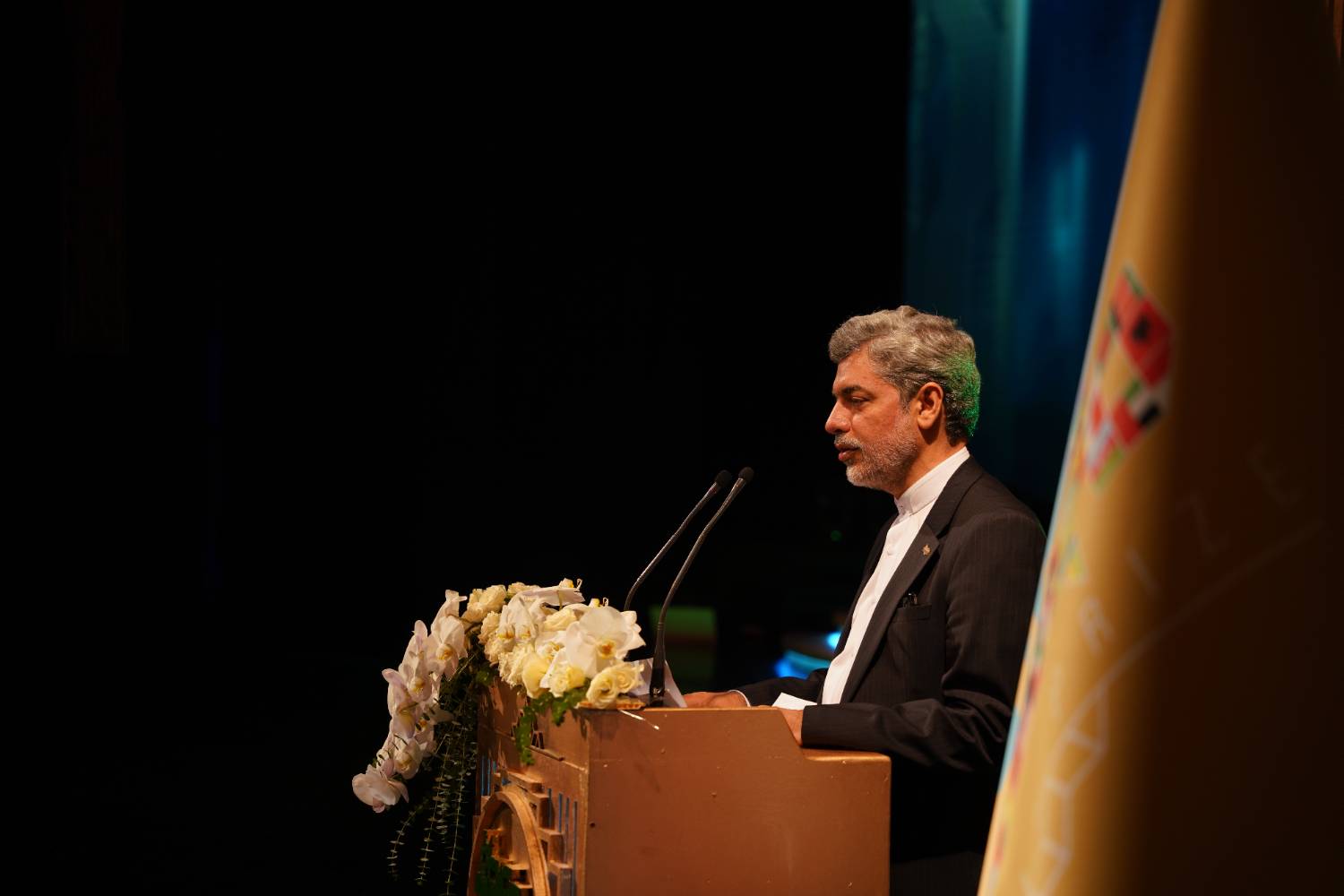Mustafa(pbuh) Prize 2025: Nazeeruddin, Toner and Mirrokni Recognized for Transformative Research


Tehran’s Vahdat Hall buzzed with anticipation on Monday, September 8, as officials, scientists and academics from across the Islamic world gathered to celebrate the 2025 Mustafa(pbuh) Prize laureates: India’s Perovskite solar‐cell pioneer Mohammad K. Nazeeruddin, Turkey’s microfluidics innovator Mehmet Toner and Iran’s graph‐algorithm expert Vahab Mirrokni for their scientific breakthroughs.
MSTF Media reports:
At the Mustafa(pbuh)Prize award ceremony held on Monday, September 8, officials, scientists, and academics from the Islamic world gathered to celebrate the three Mustafa(pbuh) Prize laureates in its 2025 edition.
The grand ceremony, held at Vahdat Hall in Tehran, featured performances by Iran’s national orchestra, diverse local music bands from the laureates’ native countries, India, Turkey and Iran.
Mahdi Safarinia, CEO of the Mustafa(pbuh) Science and Technology Foundation and the Secretary of Mustafa(pbuh) Prize Policymaking Committee welcomed the attendees. Ali Akbar Salehi, the Chair of the Mustafa(pbuh) Prize Scientific Committee also gave a speech before the three laureates of the 6th Mustafa(pbuh) Prize were announced.
The first to receive his prize was Professor Mohammad K. Nazeeruddin, an Indian scientist who won the Prize in Basic and Engineering Sciences for Perovskite Solar Cells.
In his speech, Nazeeruddin thanked his mentors, colleagues and students and all his alma maters. He also thanked his wife and children for being patient with him over the years. He talked about the significance of his work which is that it addressed one of the big problems of the 21st century, making use of clean energy resources.
Finally, he invited young scientists and students, especially those across the Islamic world, to be curious, determined and hardworking.
The next laureate to receive his prize was the Turkish scientist Mehmet Toner who won the 2025 Mustafa(pbuh) Prize for the development of Nano/microfluidic Devices with Clinical Applications: Rare Cell Isolation.
In his acceptance speech, Toner shared the early days of his academic journey when he was an undergraduate student at Istanbul Technical University. “Two professors at that time encouraged me to ask the right questions in science by teaching me that science is not only about problems but asking the right questions is equally important,” he said.
He also talked about his work which helps to save the yearly 10 million lives taken by cancer through developing microfluidic chips for detecting and analyzing rare cells—a technology which is now applied in diverse fields such as brain health, tissue regeneration, and neurovascular applications.
The third and final 2025 Mustafa(pbuh) Prize laureate to receive his prize was the Iranian scientist, Professor Vahab Mirrokni, who won the prize in Information and Communication Science and Technology for Locality-Sensitive Hashing and Large-Scale Graph Algorithms.
Giving his acceptance speech in his mother tongue, Persian, Mirrokni thanked his parents in the audience—his father who taught him mathematics and his mother who taught him to follow the path of Prophet Muhammad.
In my scientific career over the years, I have prioritized sharing my scientific work with the scientific community,” said Mirrokni. “Also, what I have learned in the U.S. in the past decade is that diversity in the research team matters the most.”
“I advise students to keep hoping and work their way through challenges because that is what I have done as a migrant studying in another country,” Mirrokni said.
Following the example of his fellow Mustafa(pbuh) Prize laureates, Professors Ugur Sahin and Omid Farokhzad, Mirrokni dedicated his cash prize to the Young Scientist Medal, the new initiative by the Mustafa(pbuh) Science and Technology Foundation to celebrate scientists under 40 years of age from the Islamic countries.